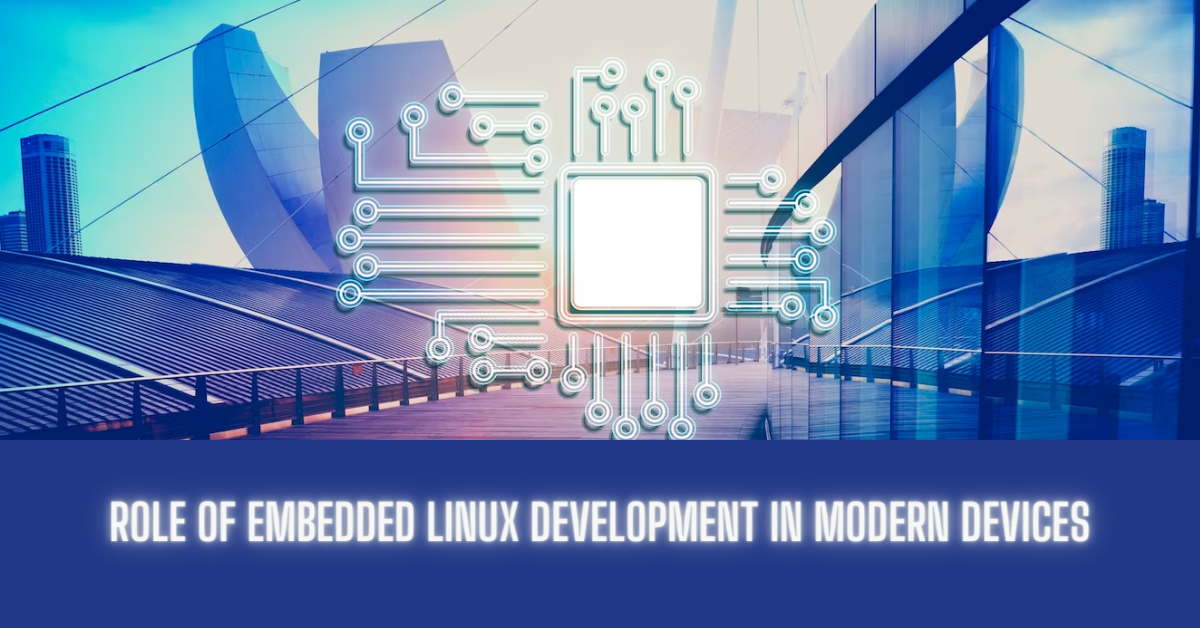Role of Embedded Linux Development in Modern Devices

Embedded Linux development has become the cornerstone of modern device technology, transforming how we interact with and rely on everyday gadgets. As technology advances, embedded Linux development services will remain a driving force in shaping the future of innovative devices across various industries, including IoT, healthcare, industrial automation, and beyond. This article explores the pivotal role embedded Linux development services play in shaping the landscape of modern devices.
Unveiling Embedded Linux Development:
Embedded Linux development involves the creation of custom Linux-based operating systems tailored for specific embedded systems, such as IoT devices, industrial equipment, medical devices, and more. This specialised approach is driven by the need for flexibility, reliability, and performance in today’s interconnected world.
Customization and Adaptability:
Embedded Linux offers a level of customization that is unparalleled in the realm of embedded software development services. This adaptability enables developers to create operating systems ideally suited to each device’s unique requirements, ensuring optimal performance and resource utilisation.
Seamless Integration with Hardware:
One of the standout advantages of embedded Linux is its seamless integration with hardware components. This synergy allows modern devices to harness the full potential of their underlying hardware, resulting in improved efficiency and functionality. PCB layout services are critical in this process, ensuring the hardware and software work harmoniously.
Connectivity and IoT Revolution:
In the Internet of Things (IoT) era, devices must be capable of seamless connectivity and communication. Embedded Linux development services enable devices to connect to networks, share data, and operate in concert with other smart devices. This is especially vital in healthcare and industrial automation industries, where real-time data sharing and analysis are critical.
Security and Compliance:
Modern devices often handle sensitive data and must adhere to stringent security and compliance standards. Embedded Linux development allows for robust security features and facilitates compliance with industry-specific regulations, including Conflict Mineral Compliance.
Scalability and Future-Proofing:
The embedded Linux ecosystem is characterised by scalability. Developers can design systems that can evolve and adapt to changing requirements and technology trends. This future-proofing ensures that devices can remain relevant and competitive over time.
Enhanced User Experience:
The user experience is at the forefront of modern device design. Embedded Linux development empowers designers to create intuitive interfaces, seamless user interactions, and responsive touchscreens. This is crucial in industries like consumer electronics, where user satisfaction drives success.
Efficiency and Resource Optimization:
Embedded Linux optimises resources, making it ideal for devices with limited processing power or memory. This efficiency ensures that devices can operate smoothly and reliably while conserving energy and extending battery life.
In conclusion, embedded Linux development services have redefined the capabilities of modern devices. From enhancing connectivity and security to optimising resource usage and ensuring compliance, the role of embedded Linux is paramount.